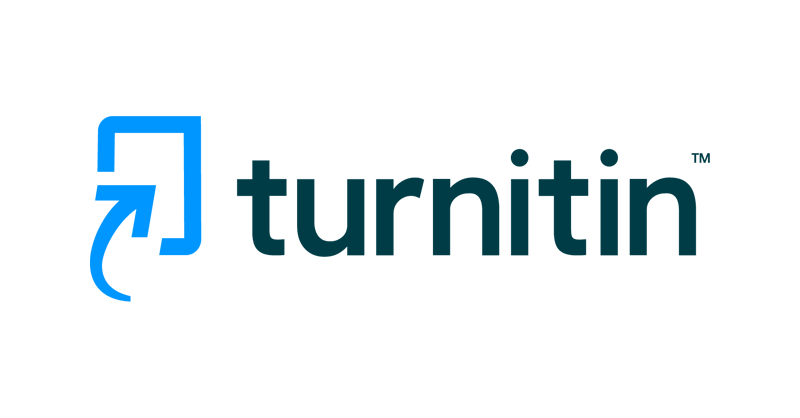Liability of Companies That Do Not Fulfill Employee Rights After Termination of Employment
DOI:
https://doi.org/10.63222/pijar.v1i2.16Keywords:
Company, Employment, Entrepreneur, Termination of EmploymentAbstract
Every individual who lives generally needs money to live his life, to get these costs everyone needs a job, every citizen has the right to a job and a proper livelihood for humans. Termination of Employment (PHK) is something that is very feared by employees, Termination of Employment (PHK) is the end of the working relationship between workers / employees and employers or the end of the period specified in the employment contract due to disputes between workers / employees and employers. This study aims to determine the legal rules for companies that do not provide employee rights, in terms of termination of employment and what legal remedies can be taken by employees who do not get their rights in terms of termination of employment, The method used in this research is normative juridical. The approach used is through legislation, cases and conceptual, Data collection methods through document studies, Data analysis using qualitative analysis. The result of this study is that in the event of termination of employment, employers are obliged to pay severance pay, long service pay and compensation pay that should be received. Administrative sanctions received for companies that do not provide employee rights are in the form of written warnings, restrictions on business activities, temporary suspension of part or all of the means of production, suspension of business activities. There are several legal remedies that can be taken by employees to fight for their rights, namely bipartite efforts, mediation efforts, conciliation efforts, efforts in industrial relations courts, and cassation legal remedies.
References
R. Rhamadan, “Legal protection of labor laid off due to the impact of the Covid-19 pandemic on UD. Anak Negri Kota Duri”. Thesis. Pekanbaru: Riau Islamic University, 2022, pp. 1.
R. Rhamadan, “Legal protection of labor laid off due to the impact of the Covid-19 pandemic on UD. Anak Negri Kota Duri”. Thesis. Pekanbaru: Riau Islamic University, 2022, pp. 15.
R. Rhamadan, “Legal protection of labor laid off due to the impact of the Covid-19 pandemic on UD. Anak Negri Kota Duri”. Thesis. Pekanbaru: Riau Islamic University, 2022, pp. 6.
S. Mertokusumo, Indonesian civil procedure law, Yogyakarta: Liberty, 1985, pp. 97.
N. A. Sinaga, "The role of work agreements in realizing the implementation of the rights and obligations of parties in employment relations", Scientific Journal of Aerospace Law, vol. 7, no. 2, March 2017.
B. C. Halim, et al, "Legal analysis of fixed-term employment agreements (PKWT) in law number 11 of 2020 concerning job creation", Prointegrita Journal, vol. 6, no. 10, April 2022.
M. R. Pohan, "Legal protection of workers in a fixed-term employment agreement according to labor law", Merdeka Law Journal, vol. 1, no. 2, 2020.
G. Darmawan and P. L. Tobing, “Legal protection of contract employees in a fixed-term employment agreement (PKWT) who are terminated while the contract is in progress (case study of decision number 24/PDT.SUS-PHI/2019/PNDPS)”, Journal of Citizenship, vol. 6, no. 2, September 2022.
Government Regulation No. 35 of 2021 Concerning Fixed-Term Employment Agreements, Outsourcing, Working Time and Rest Time, and Termination of Employment.
L. Husni, “Introduction to Indonesian labor law revised edition”, Jakarta: Raja Grafindo Persada, 2008, p. 60.
I. Alfilaturahni, “Legal protection of the rights of non-permanent workers at Matahari Bazaar Ceria Mall Kapuk Jambi”, Thesis, Jambi: Jambi University, pp. 6.
Agustianto, “Extension of specified time work agreement after the enactment of law number 11 of 2020 concerning job creation”, Journal of Law, vol. 6, no. 1, 2022.
M. Fedryca, “Granting severance compensation to workers in a fixed-term employment agreement”, Adigama Law Journal, vol. 4, no. 2, 2021.
Downloads
Published
Issue
Section
License
Copyright (c) 2025 Gilang Ramadan, Anggreany Haryani Putri, Ahmad Ahmad (Author)

This work is licensed under a Creative Commons Attribution-NonCommercial-ShareAlike 4.0 International License.









